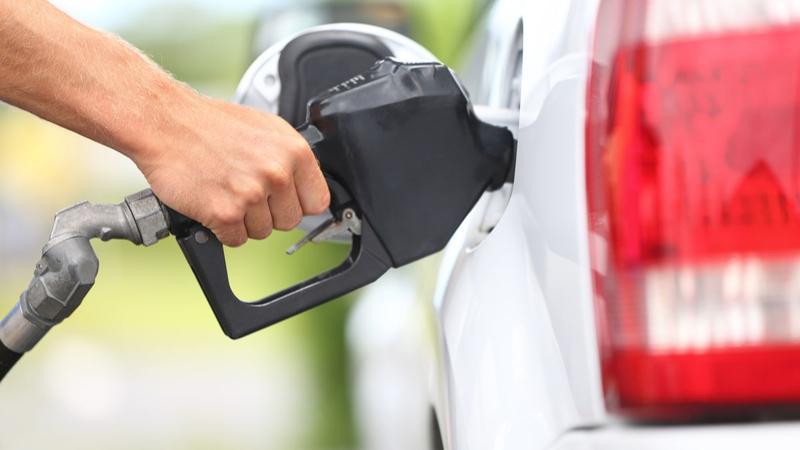- The average price of gasoline in Canada is hovering about $1.42 per litre.
- Prices will likely spike before the long weekend.
- Idling for 10 minutes uses about a quarter litre of gas.
Fuel prices are not a fan favourite in Canada; it’s right up there with car insurance premiums. It especially makes sense today when you see how gas prices have risen since the start of the year.
On January 1, the average price of regular gasoline in Canada was $1.08 per litre, and today it’s hovering around $1.42. And we all know what happens in the days leading up to the long weekend. Prices will continue to creep up if history is any indication.
As an InsuranceHotline.com subscriber, you know you can save on car insurance by comparing car insurance quotes. But what about saving money at the pumps, too, especially given the high price of fuel? After all, you probably spend as much on gas each year as you do on car insurance, if not more.
10 fuel-efficient driving tips
The following driving tips will help increase your fuel efficiency and decrease how often you have to visit the gas station and fill 'er up.
- Before heading out to run errands, plan your trip. That way, you can avoid having to backtrack or criss-cross the city. Also, try to avoid several short trips; instead, combine picking up your groceries, your curbside orders, and your trip to the pharmacy into one outing.
- Avoid unnecessary idling. Studies have shown that idling for 10 minutes uses about a quarter litre of gas. If you're not on the move or in traffic, turn off your engine until you're ready to go.
- Keep your car maintained and follow your vehicle’s maintenance schedule. According to Natural Resources Canada, a poorly maintained vehicle can cost the equivalent of up to 15¢ more per litre on fuel.
- Keep your tires properly inflated and use the recommended motor oil for your vehicle; both will ensure your car operates at its best and most fuel-efficient level.
- Lighten the load in your car. For every 100 additional pounds you store in your car, you are lowering the mileage you get per tank by 1% to 2%. All that junk in your trunk costs you gas money.
- Remove roof racks when not in use. A roof rack will affect your car’s aerodynamics and will decrease your fuel efficiency, which is a real drag to your wallet.
- Use your remote starter sparingly. While a remote starter is convenient, it can result in needless idling and wasted fuel if you start your car too early.
- Anticipate traffic. Look at the traffic as far ahead as possible to avoid unnecessary stopping and starting within the flow of traffic.
- Avoid excessive high speeds. At 120 km/h, a vehicle uses about 20% more fuel than at 100 km/h. Also, try and maintain a steady speed when driving. Frequently varying your speed can affect your tank and lead to higher fuel consumption.
- Accelerate gently and coast to decelerate. The harder you accelerate, the more fuel you consume. The same goes for braking. Jackrabbit starts and stops can increase your fuel consumption by up to 40%.
It all adds up
Free up your cash and drive with fuel efficiency in mind, and if you’re looking to save even more money, compare car insurance rates too.
